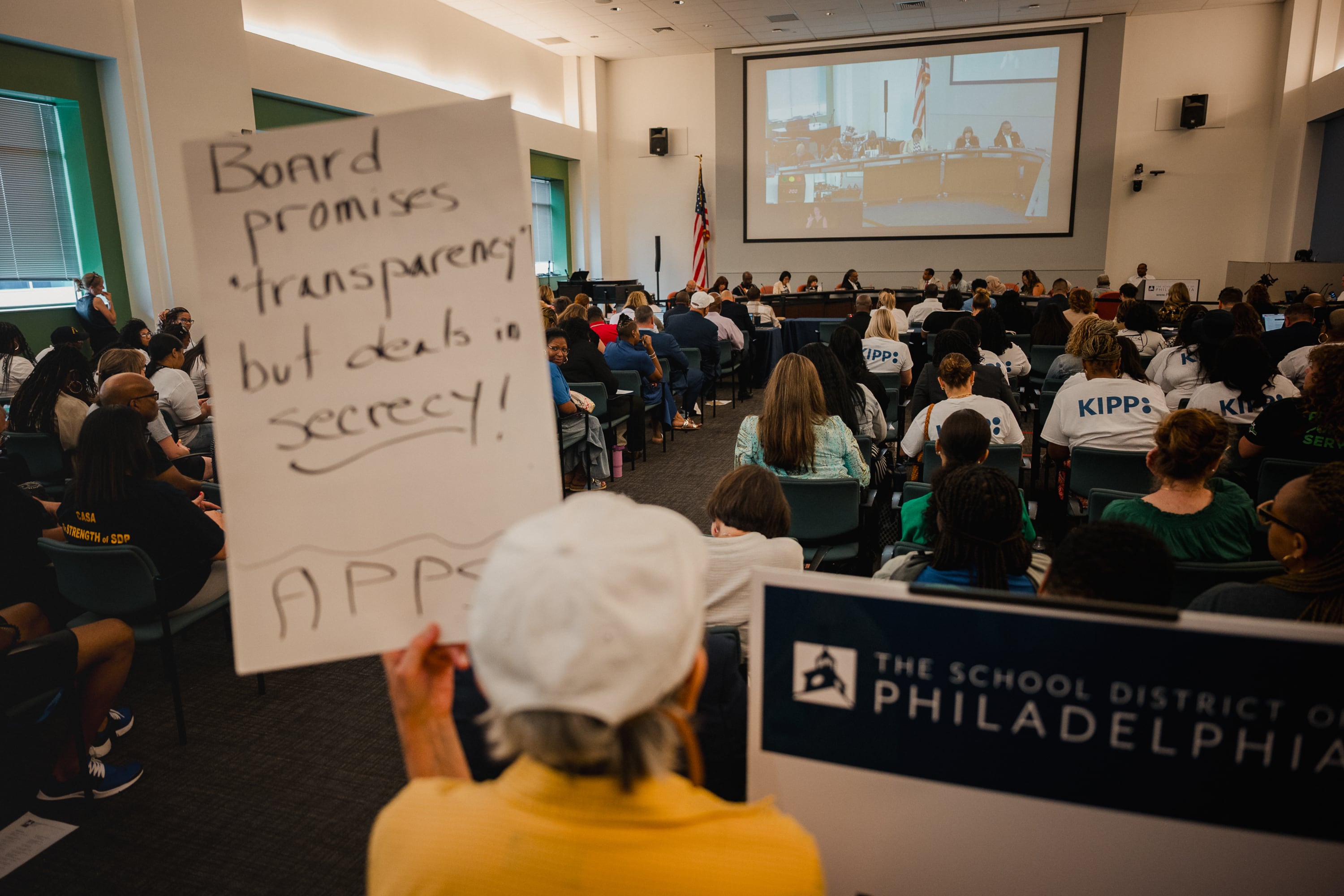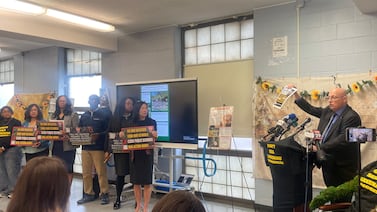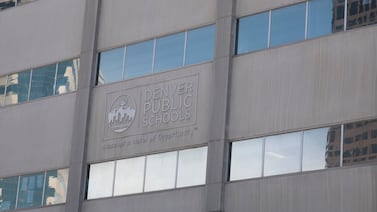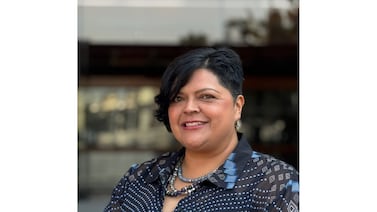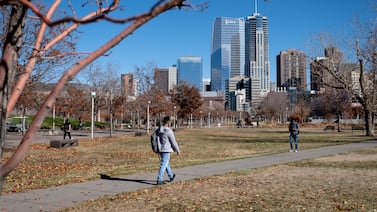The Philadelphia Board of Education directed the Charter School Office at its Thursday meeting to draft charter renewal agreements with four charter schools, indicating they will likely vote to renew those schools’ charters.
But for two schools, KIPP North Philadelphia Academy and People for People Charter School, the board directed the Charter School Office to draft a notice of non-renewal, which kicks off a process that can ultimately lead to closing a charter.
Board members said they were concerned about the academic performance of both schools, which have test scores far below the district average and have not shown significant improvement in recent years.
The decision to pursue non-renewals came as a blow to parents, educators, and officials connected with both schools who attended Thursday’s meeting.
“As a turnaround principal, I knew the path wouldn’t be easy,” said Susanna Tagoe, who became principal of KIPP North Philadelphia last year. “I also know that this requires deep courage, deep resilience, and deep commitment to our students, our families and our staff.”
The school, which serves around 680 students in kindergarten through seventh grade, has shown poor academic performance, with only 6% of its students scoring proficiently in the state math test last year. It also suspended more students than the district average, with nearly 1 in 3 students suspended last year, including nearly a third of all second and third graders and half of its sixth grade class.
“When this many students are being removed from their classroom, something deeper is happening,” said board member Sarah-Ashley Andrews. “These numbers tell us that this school community is in distress.”
Meanwhile, Anthony Fratanduono, principal of People for People Charter School, urged the board to renew the school based on the growth it has shown in recent years in math, science, and language arts test scores. He said the school would continue to work to improve its academics.
The school “is more than just a place of learning,” Fratanduono said. “It is a second home for our students and our families. It is a space where children are seen and supported.”
But board members said the school’s slight gains recently in some subjects did not make up for years of low test scores across the board.
“After more than two decades in question and operation, there’s still no evidence of sustained academic success,” said board President Reginald Streater.
The board is considering a total of 18 charter schools for renewal this year, meaning that it must decide whether to allow those charters to continue operating or begin a process that could result in closure.
The board had already directed the Charter School Office to draft and negotiate renewal charters with 12 of those schools before Thursday’s meeting.
Robin Cooper, president of the Commonwealth Association of School Administrators, Teamsters Local 502, spoke against the charter renewals. She requested an “investigation” into how charter school supporters have been able to fill public speaking slots while district school supporters allegedly “can’t get on the list.” Her union represents school principals and other school officials.
Streater said the board “will be looking into” how the public speakers list is compiled in response to Cooper’s testimony.
District allocates $190 million to pay parents for school transport
The board also voted to approve millions in spending for transportation, school safety, students experiencing housing insecurity and more.
The full list of contracts can be found on the board’s website. Among the approved items on the consent agenda were:
- $191 million over five years for the district’s ongoing “parent flat rate” program which pays parents up to $3,000 a year per household, for students who opt out of bus, van, or cab service to and from school. According to the district, 15,000 families and 18,000 students are currently participating in the program.
- $34 million for SEPTA student fare cards for some 63,000 eligible students at public, charter, and non-public schools who use public transit to get to class. SEPTA adopted a budget on Thursday that plans for major cuts to its transit services, which the district said will impact the ability of 21,000 students to get to school reliably and consistently and limit students’ access to after-school programs.
- Nearly $12 million in equipment costs for the district’s buses and other transportation vehicles, and another $8.4 million for yellow bus repairs.
- $2.7 million to extend contracts with outside groups that provide services to students experiencing homelessness.
- Roughly $366,000 for various school safety costs including contracts with the Philadelphia Police Department for increased police presence outside of schools in the Safety Zone program, security cameras near Olney High School athletic fields, and emergency lights in school safety vehicles.
Rebecca Redelmeier is a reporter at Chalkbeat Philadelphia. She writes about public schools, early childhood education, and issues that impact students, families, and educators across Philadelphia. Contact Rebecca at rredelmeier@chalkbeat.org.
Carly Sitrin is the bureau chief for Chalkbeat Philadelphia. Contact Carly at csitrin@chalkbeat.org.

